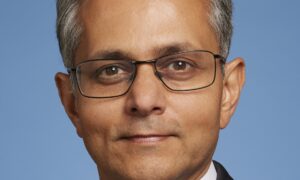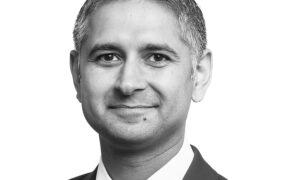
You are viewing TRADE+
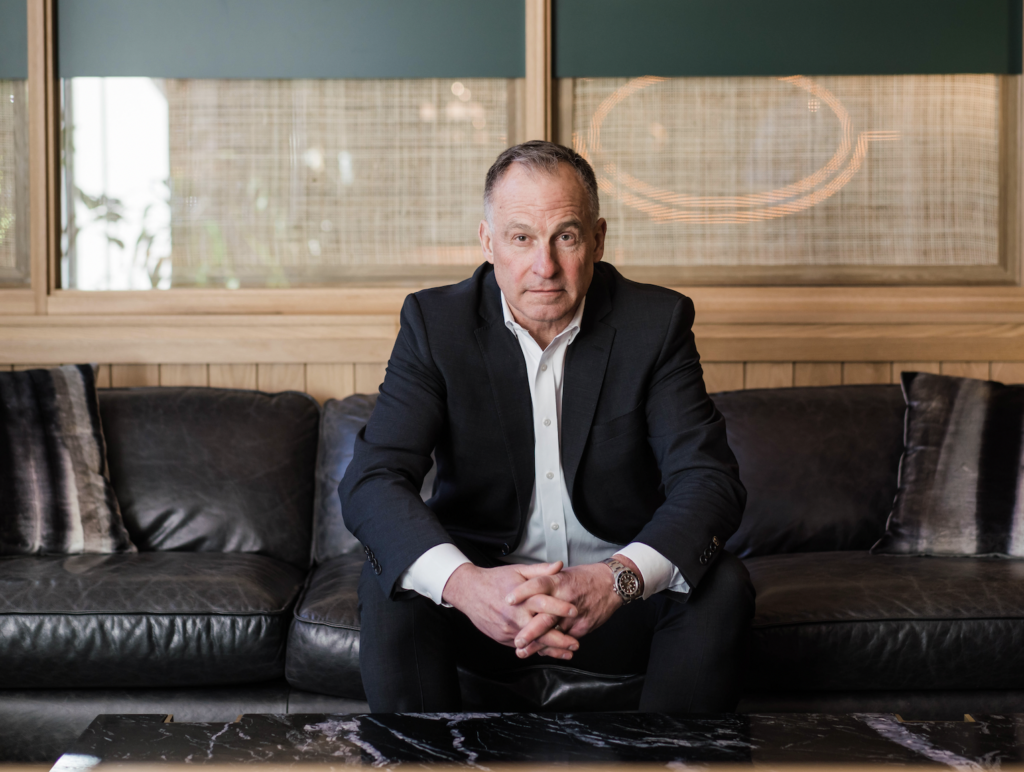
Continue reading
This premium content is available to our TRADE+ subscribers, become a subscriber.
Subscribe
Already a subscriber? Log in here
More from TRADE+


Asia surges ahead whilst Europe hits the brakes on DLT fixed income growth

The trader of the future: A technologist as well as a market strategist

Beyond the data: A new era of buy-side expectations in algorithmic trading
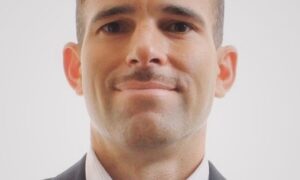
Fireside Friday with… TP ICAP’s Robert Romano
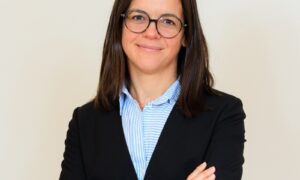
EuroCTP announces pricing structure for EU equities consolidated tape

All change: How an industry in its prime continues to see changes in the provider landscape
